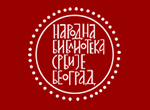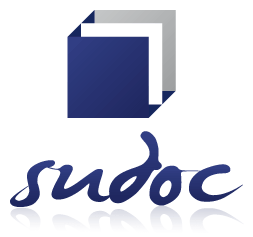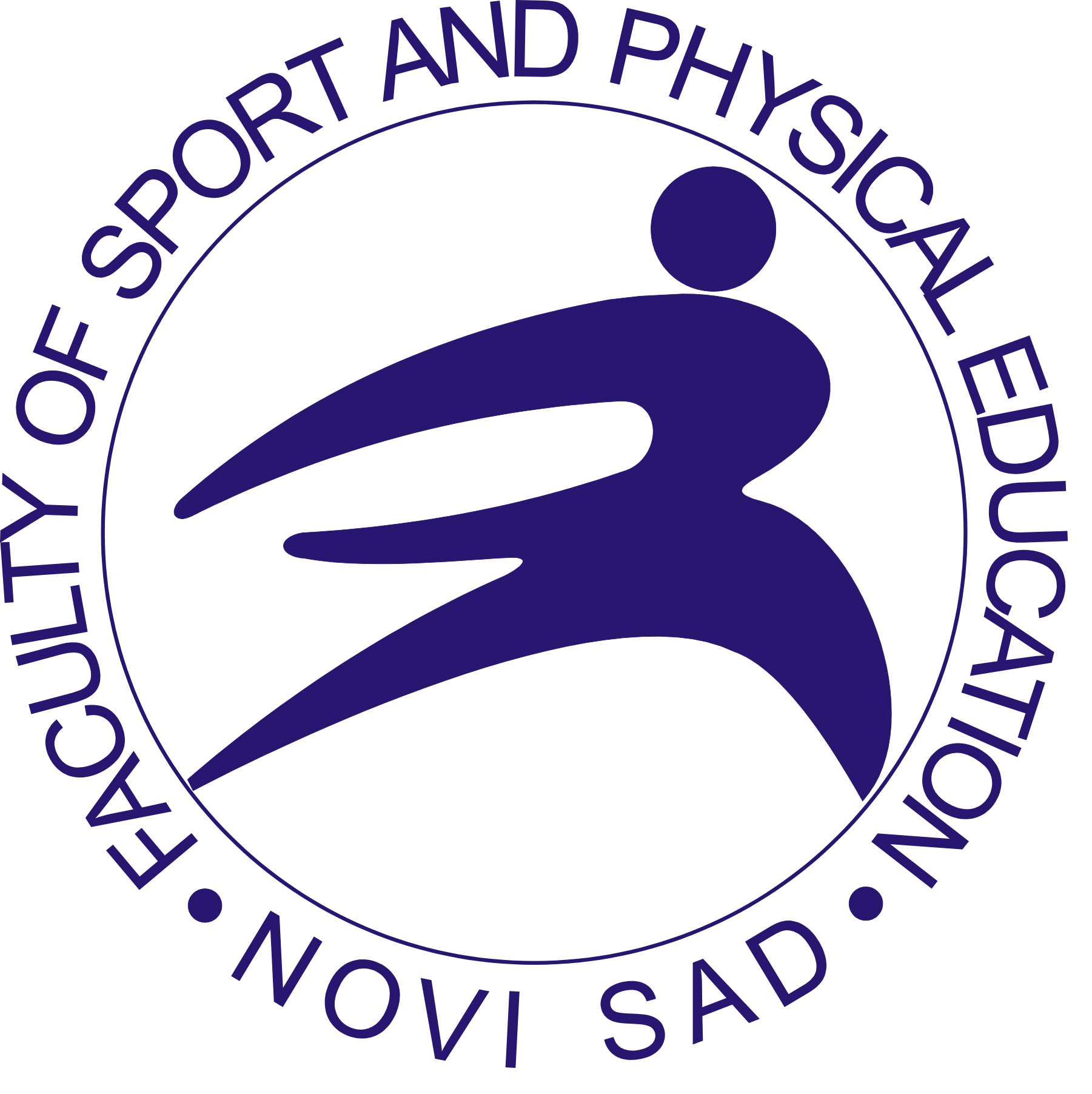Current issue

Volume 18, Issue 1, 2026
Online ISSN: 2406-1379
ISSN: 1821-3480
Volume 18 , Issue 1, (2026)
Published: 17.12.2025.
Open Access
Online First is a feature that enables the publication of final revised articles online before their inclusion in a printed issue. This accelerates the dissemination of research findings and ensures that your authors' work reaches the audience promptly.
Articles published through Online First are assigned a DOI upon their online posting. They should be cited as follows:
Author(s). Title of the article. Exercise and Quality of Life. Advance online publication. DOI:10.31382/xxxx
After assignment to a final issue, citations can include the volume and page numbers in addition to the DOI.
Once articles are allocated to a specific issue, their hosting transitions from the Online First page to the main journal archive. The DOI ensures persistent accessibility.
Citations to Online First articles are counted toward the journal's Impact Factor if other indexing criteria are met. This promotes earlier engagement with the published work.
Online First articles are considered final but not definitive until assigned to a specific issue. Errors identified in the online version can be corrected before the final issue publication.
All issues
Contents
16.12.2020.
Professional paper
BRAIN CHANGER. Felice Jacka, 321 pages, Macmillan, 2019 (ISBN: 978-1-76055-651-8)
This easy readible and thoroughly scientifically-backed book by australian professor Felica Jacka, explains the recent science on how diet can affect the brain and mental health, with a specific focus on the risk to anxiety and depression. The scientific evidence is drawn from the results with larger cohorts and randomized controlled trials including amongst others: ALSPAC (Avon Longitudinal Study of Parents and Children, United Kingdom); HELFIMED (Healthy Eating for Life with a Mediterranean Diet, Australia); HUSK (Hordaland Health Study, Norway); PREDIMED (Prevencíon con Dieta Mediterránea, Spain); SMILES (Supporting the Modification of Lifestyles in Lowered Emotional States, Australia). These and other studies show that wherever the geographical area, plant-based Mediterranean-like diets improve the health outcomes of children, adolescents, adults and ageing individuals affected by mental health illnesses, in cost-effective ways. Consecutive chapters illustrate recent understandings of the effects of diets on the immune system, their influence on brain plasticity (which also occurs in older humans), epigenetics, food sensitivities, inflammation, and centrally, the importance of food to the gut microbiota (including the consumption of fermented foods). These effects are explained simply and efficiently in relation to mental health, as well as briefly to psychotic illnesses, autism and ADHD. By doing so, it is possible for every physical-activity researcher or athlete interested in the combination of nutrition, lifestyles and good habits, to get up to date easily, or to make a first aquaintance with the fields of nutrition and brain health. The appendix contains a reference list that restricts itself to the most influential studies like systematic reviews and meta-analysis. Also included is the Modified Mediterranean Diet (ModiMED) food pyramid, and several ModiMEd recipies (used in the SMILES study), as well a weekly meal planner, that all could be of use to get started with an easy intervention study. Although it is intended for the general public, the book is recommended for scholars of any life sciences. With her to-the-point and easy language writing gift, professor Jacka manages to explain the complicated matters of brain health effortlessly. She does this convincingly, but not superficially, relevant and correct, without any simplification. To influence mental health through nutritious, whole foods will be an essential topic to come, also in the fields of sports. In that sense Brain Changer, can be exactly that.
Cécil J.W. Meulenberg
24.06.2019.
Review scientific paper
Lifestyle components of the global oldest old assessed as effective nonpharmacologic strategies to maintain lifelong cognitive and functional health
Longevity and high quality of life are amongst the most desired traits of humanity. However, the incidences of non-communicable diseases are rising, while sedentary lifestyles and malnutrition are more common than ever, and in general both functional and cognitive health is declining. Besides the concurrent costs to provide healthcare for such an aging population are dramatically increasing and depend on pharmacological treatment. There is an urgent need to raise awareness for cost-saving healthier customs and to adjust lifestyles. From specific geographic areas around the globe, where its citizens tend to grow (very) old, that is over 100 years of age (indicated as ‘oldest old’), without the obvious health-deficits, the so-called blue zones, lifestyle factors have been identified, or will be proposed, and taken as candidate for nonpharmacologic approaches to improve general health. This paper will summarize scientific studies focussing on cardiovascular and cognitive health benefits induced by: Physical activity through exercise, light to moderate intensity, and nonexercise outdoors activities; Nutrition through the Mediterranean diet and the incidence of neurodegeneration; Cognitive engagement through cognitive-motor exercises, language usage, and meditation; and finally: Sleep. The identified denominators are reviewed through various scientific studies regarding substantiated healthinducing effects. Adherence to such nonpharmacologic lifestyles is eventually a personal choice, and for governments to take notice of, and to include in policies.
Cécil J.W. Meulenberg























